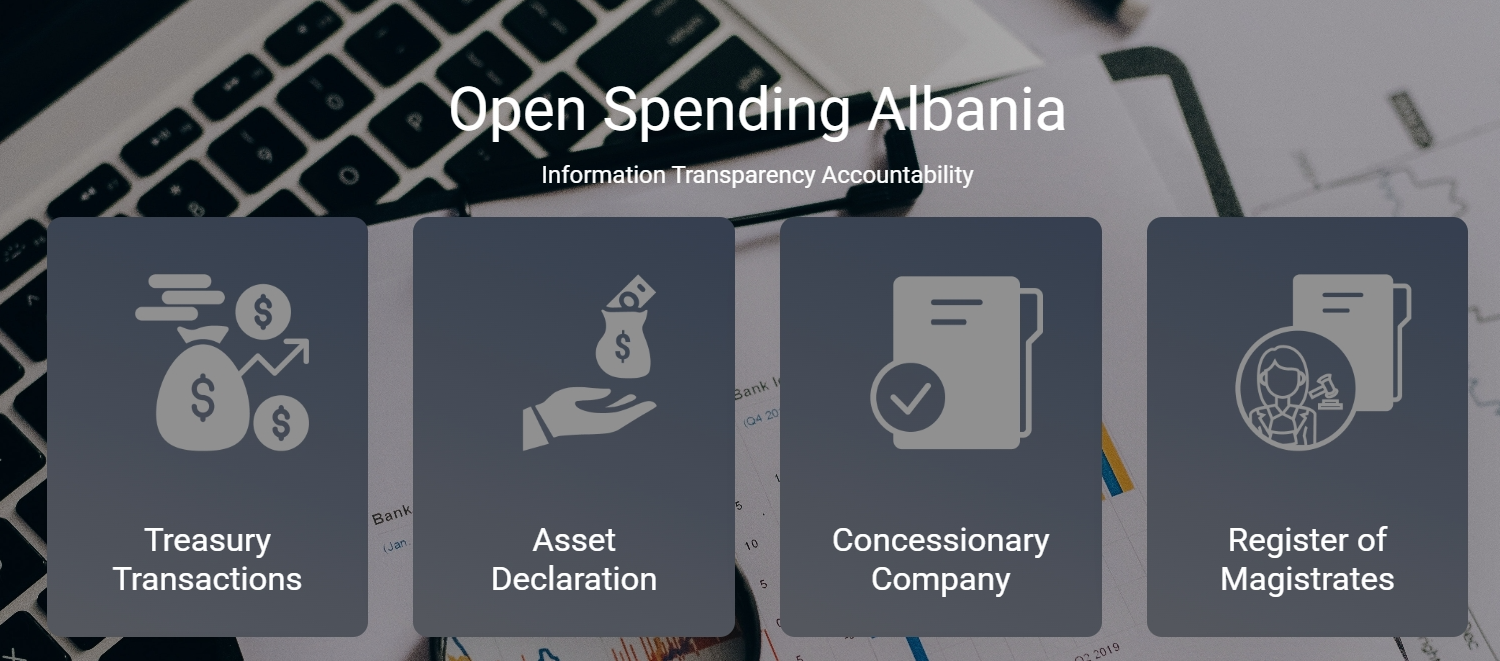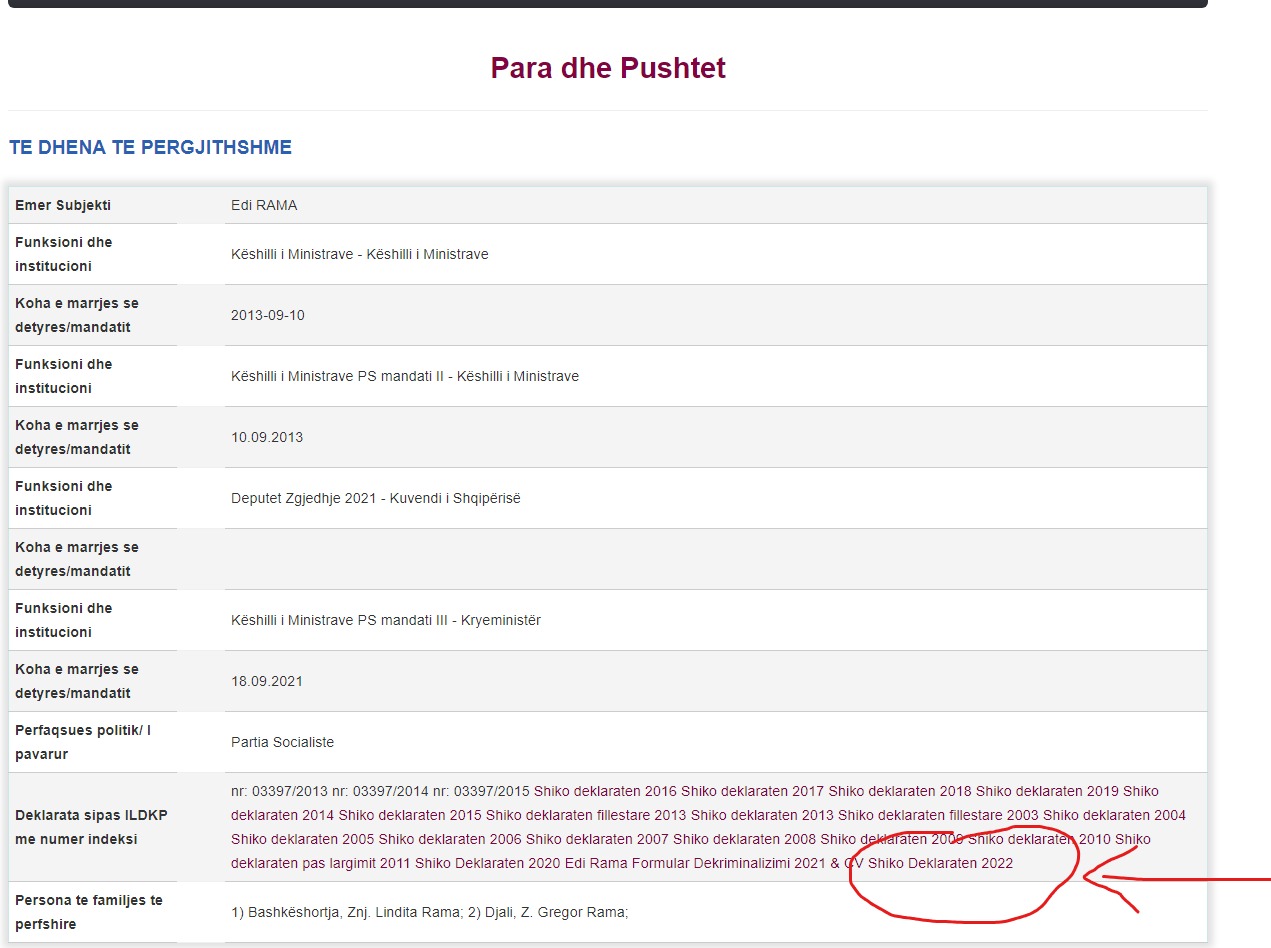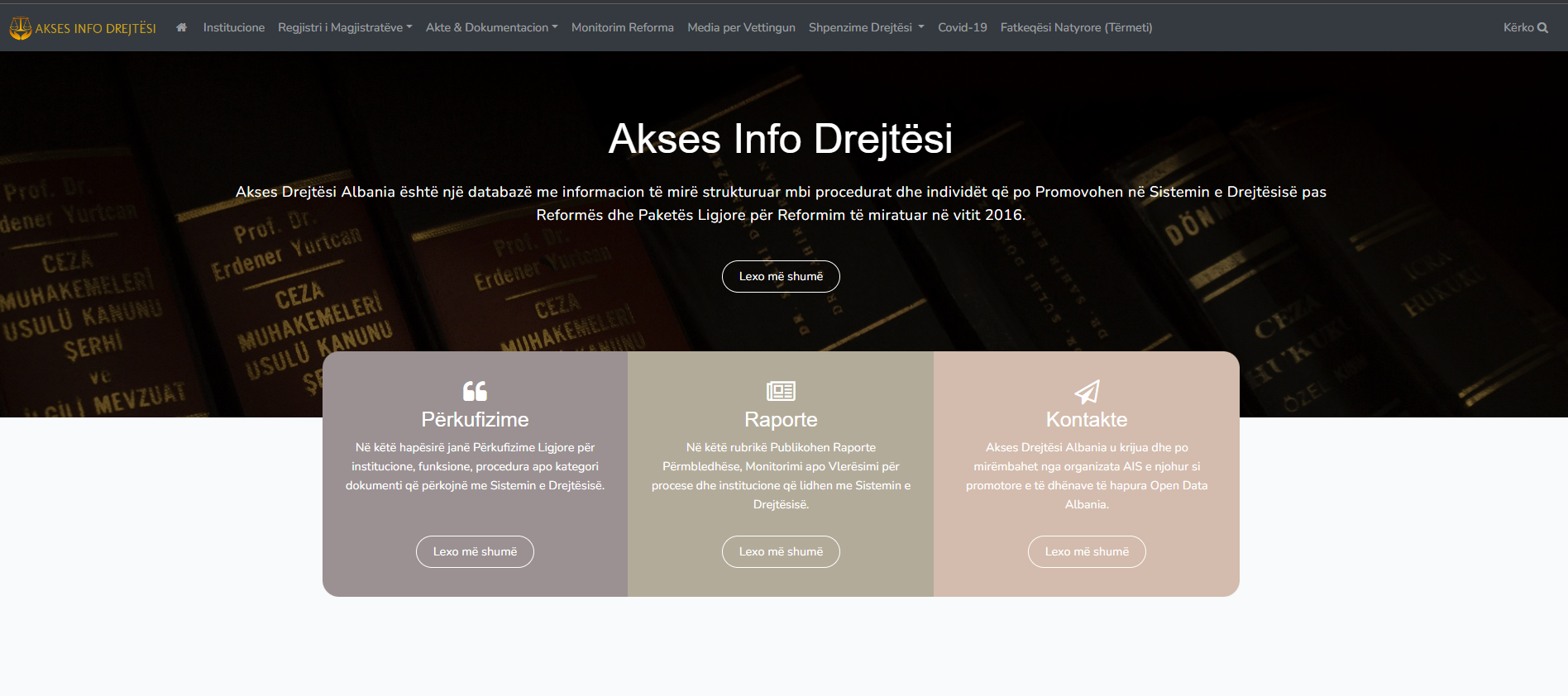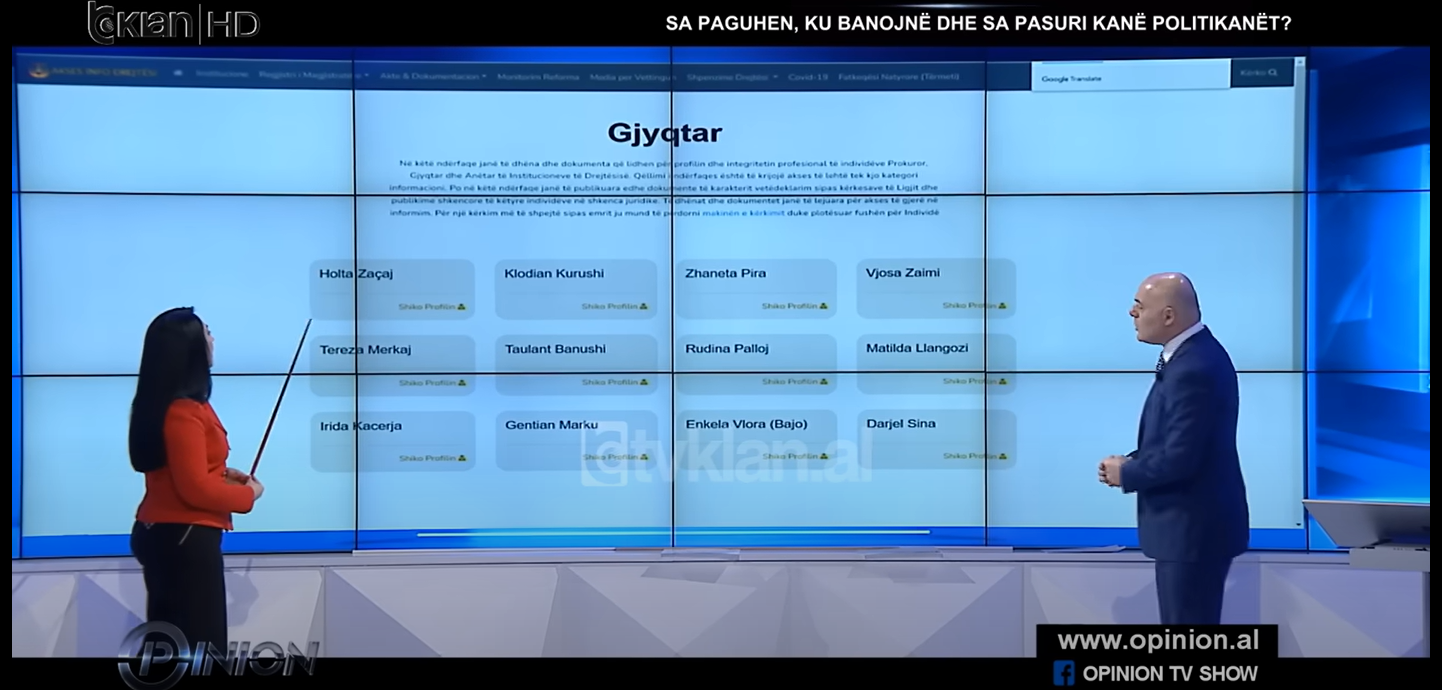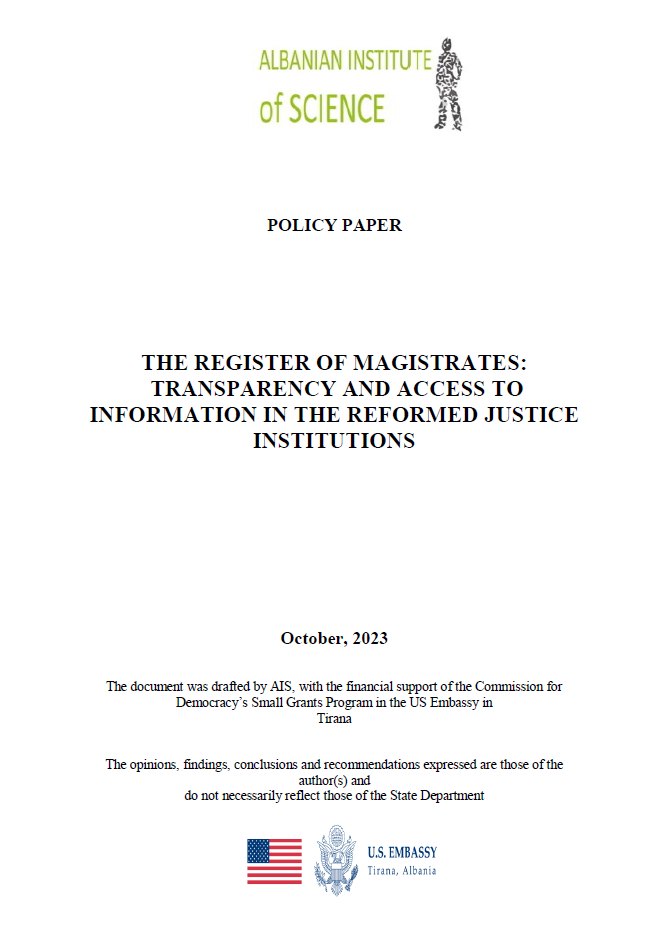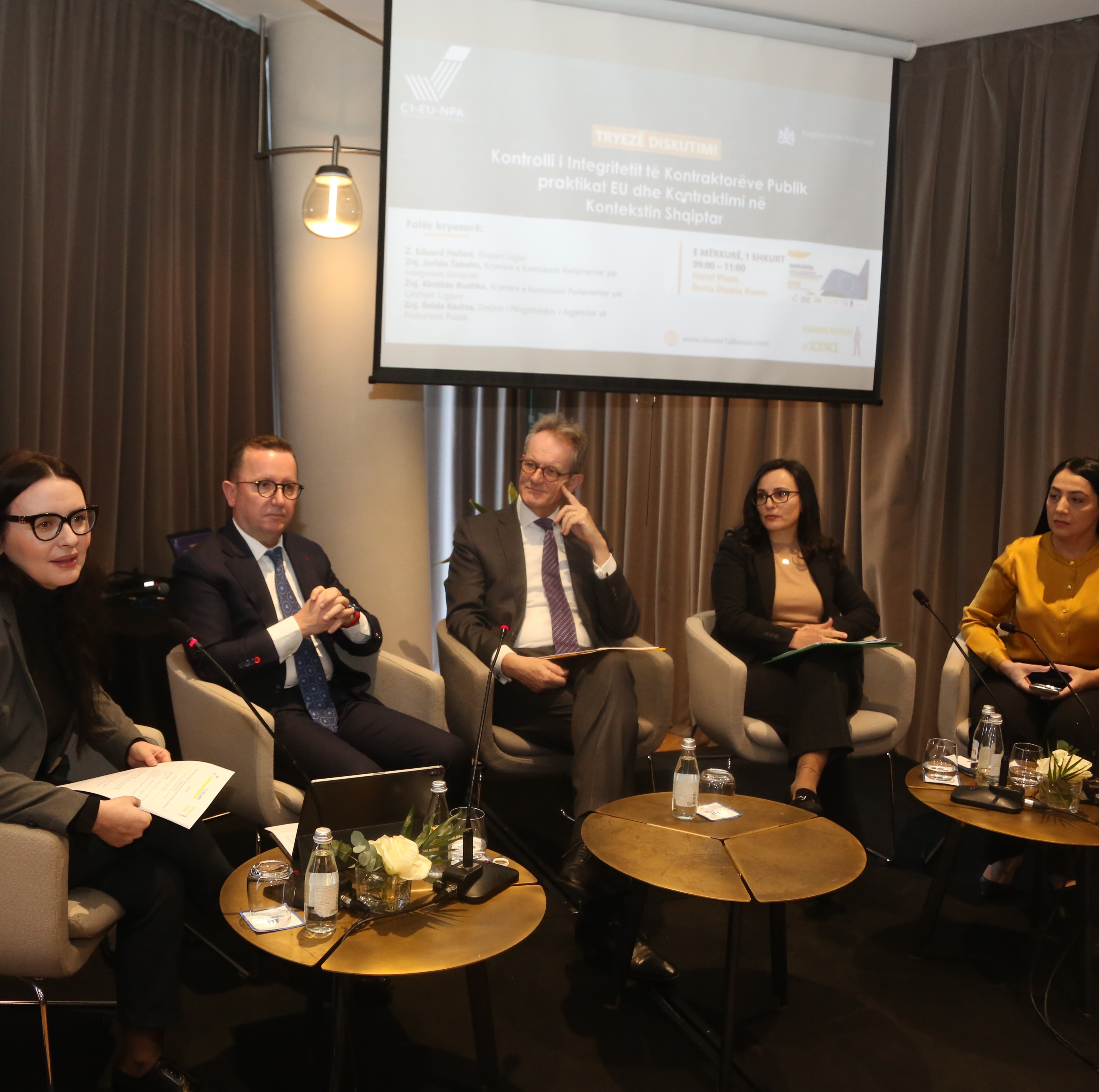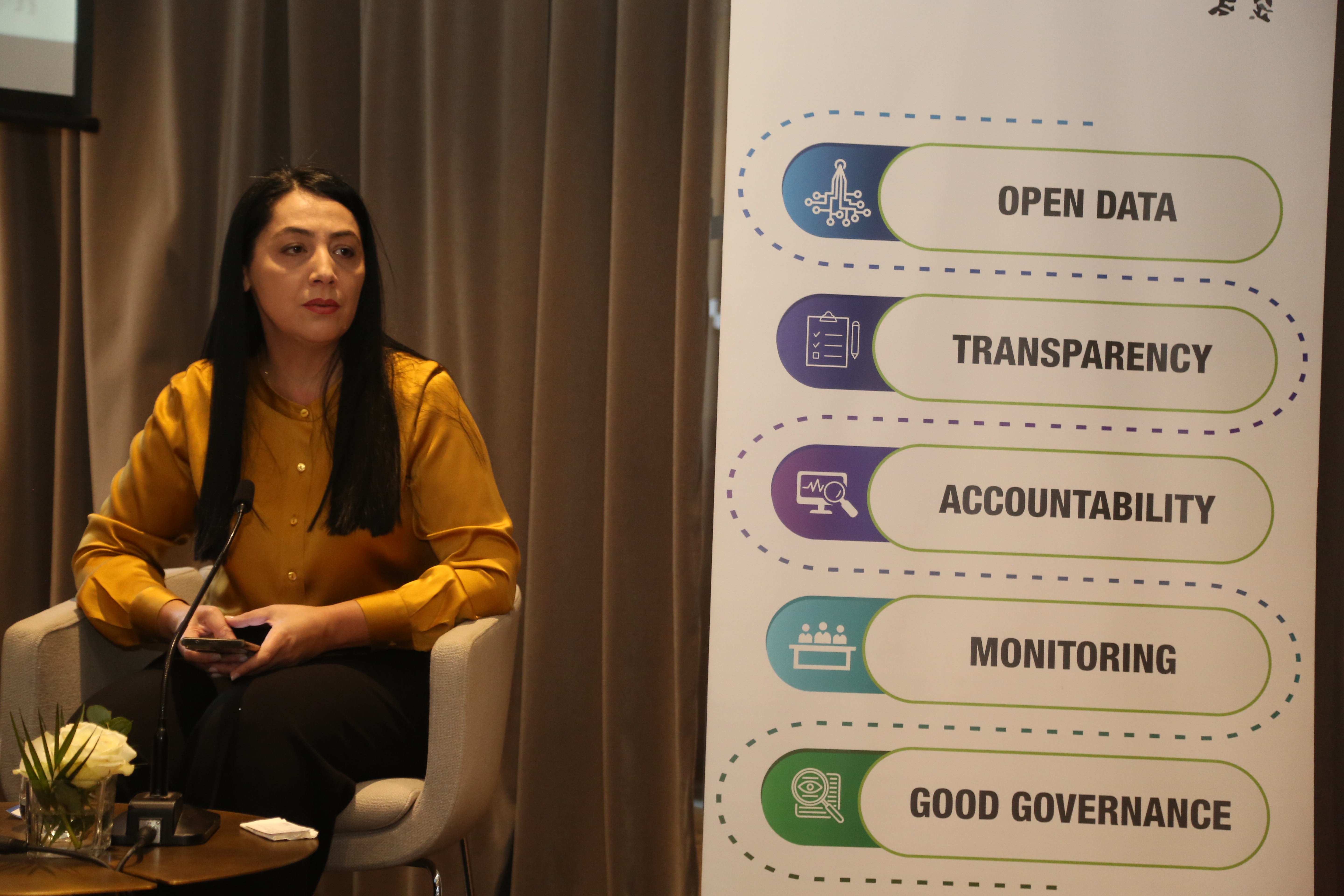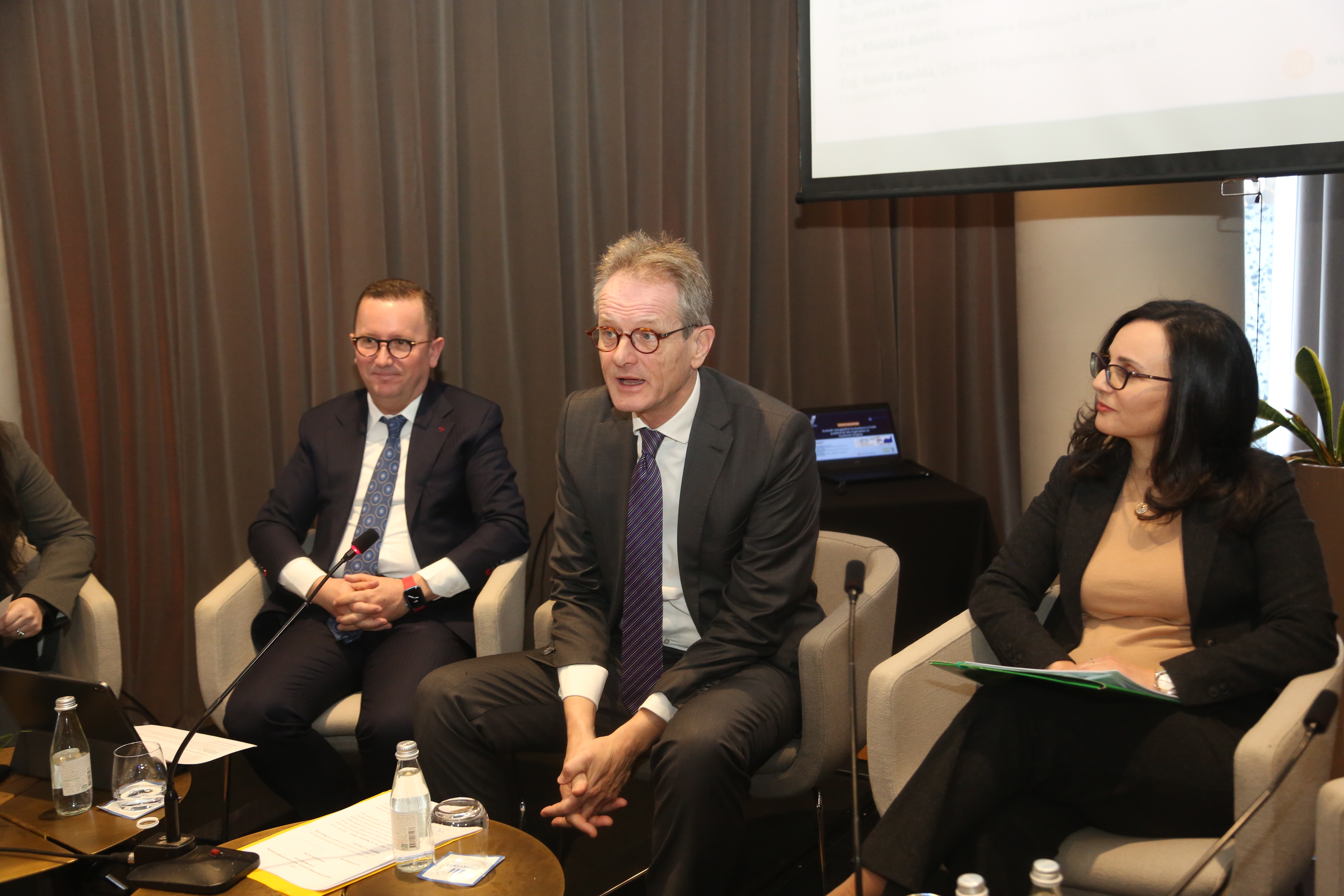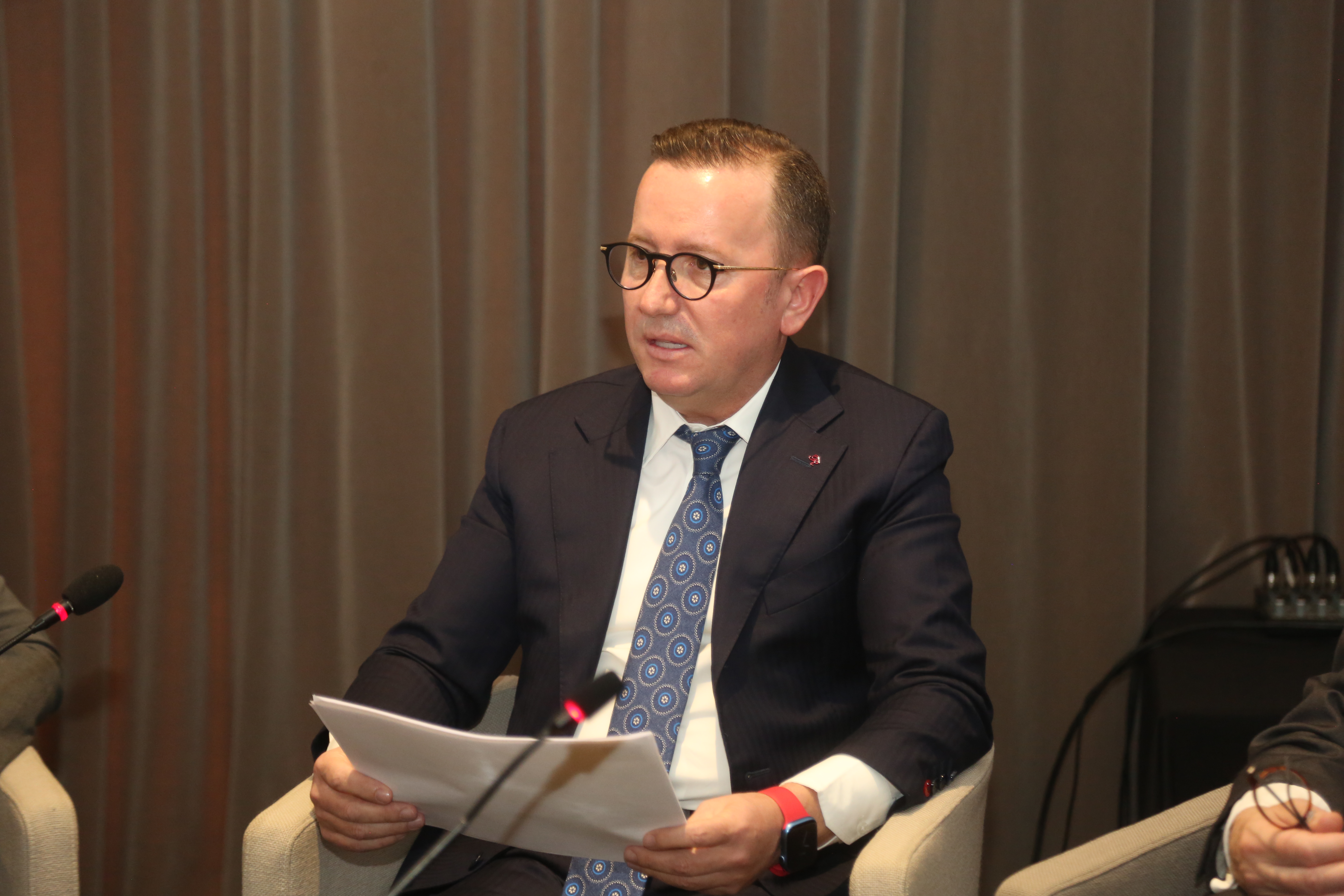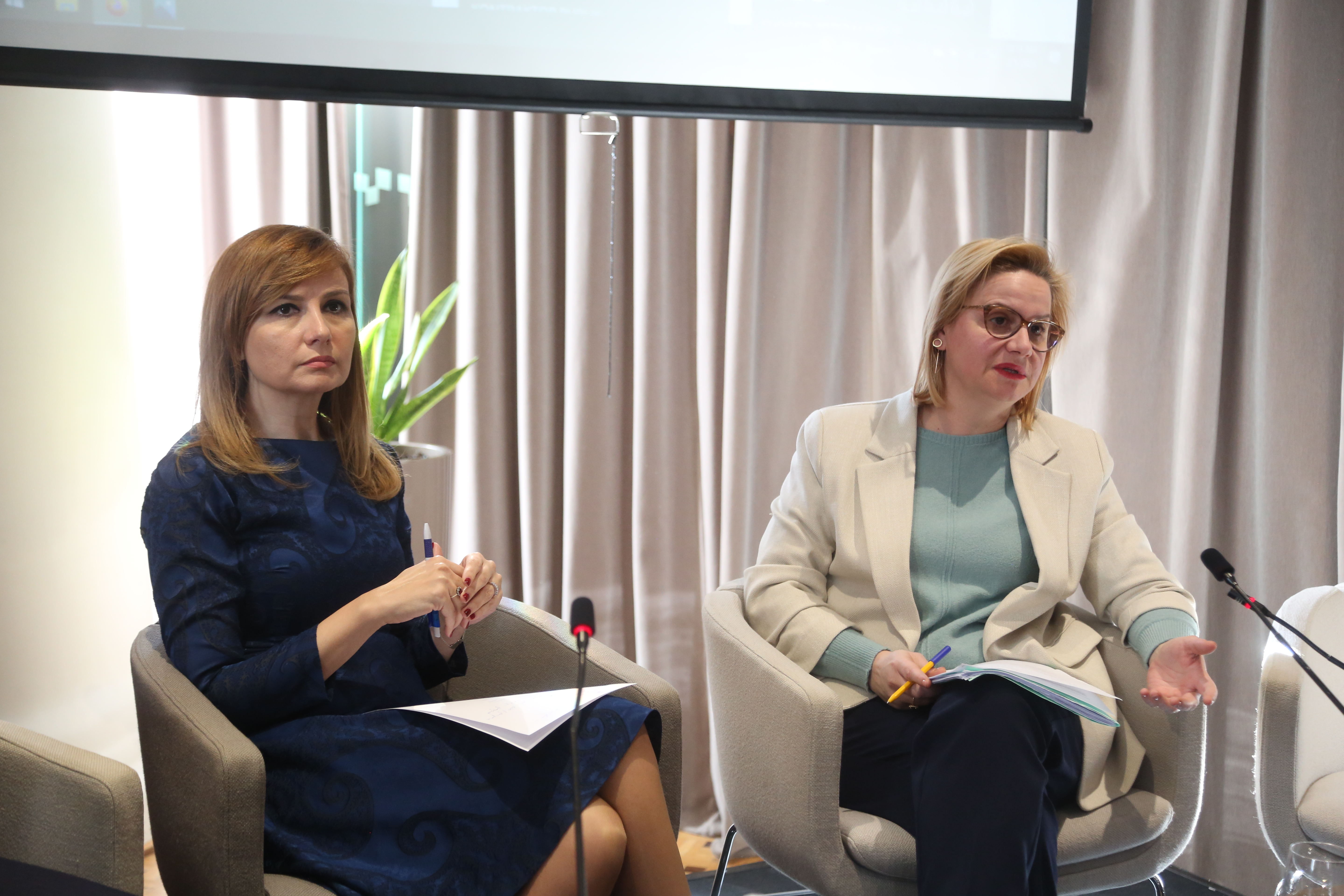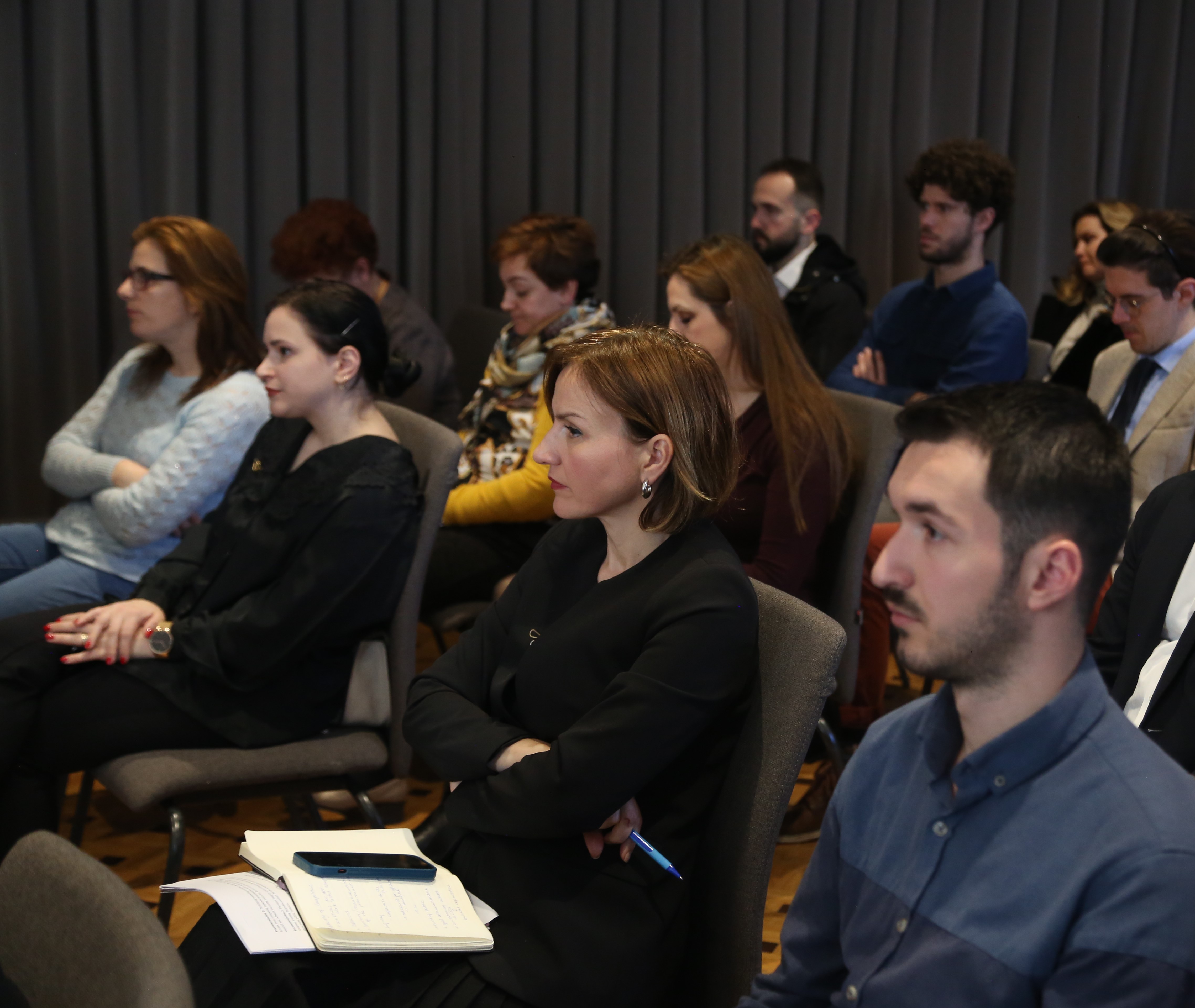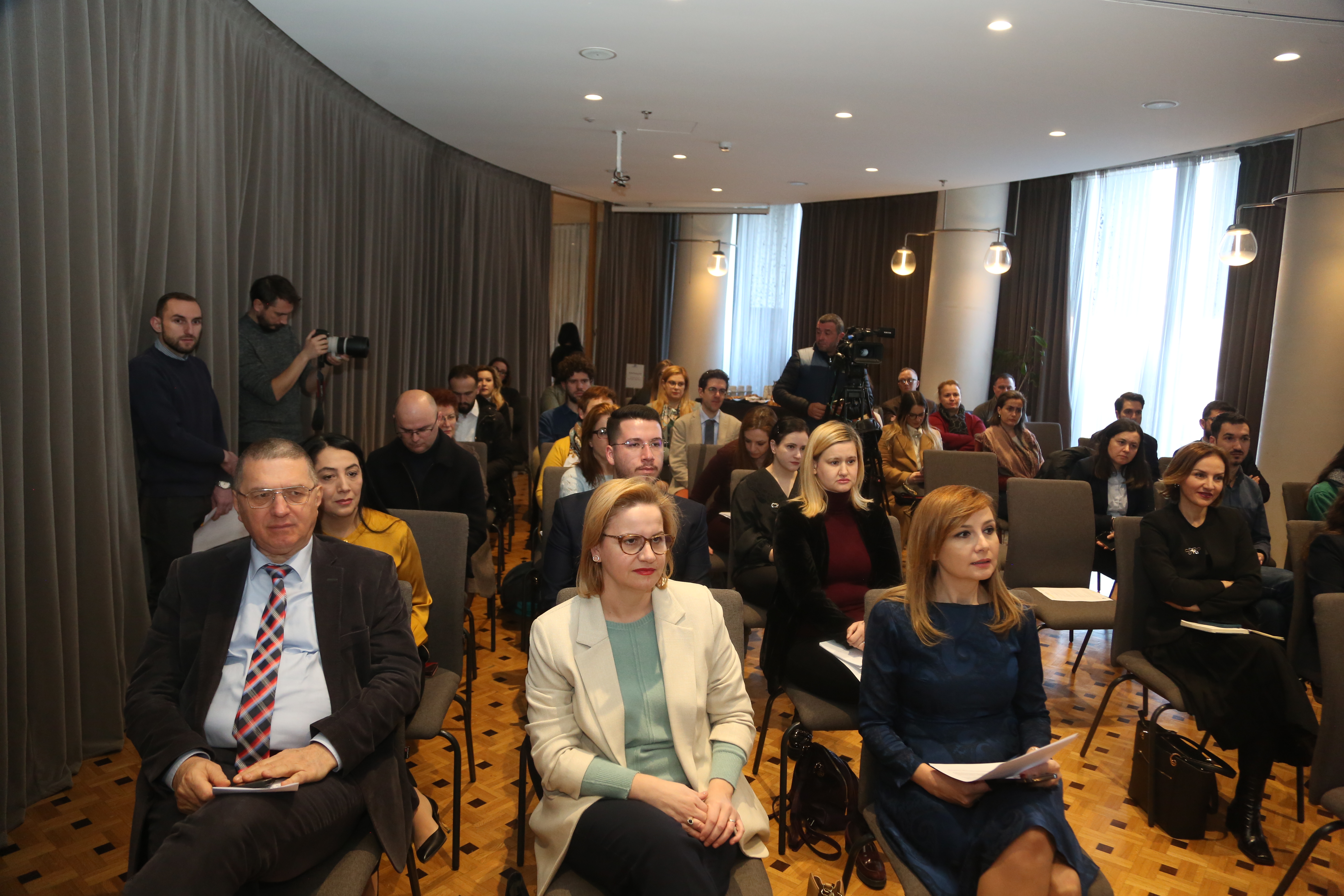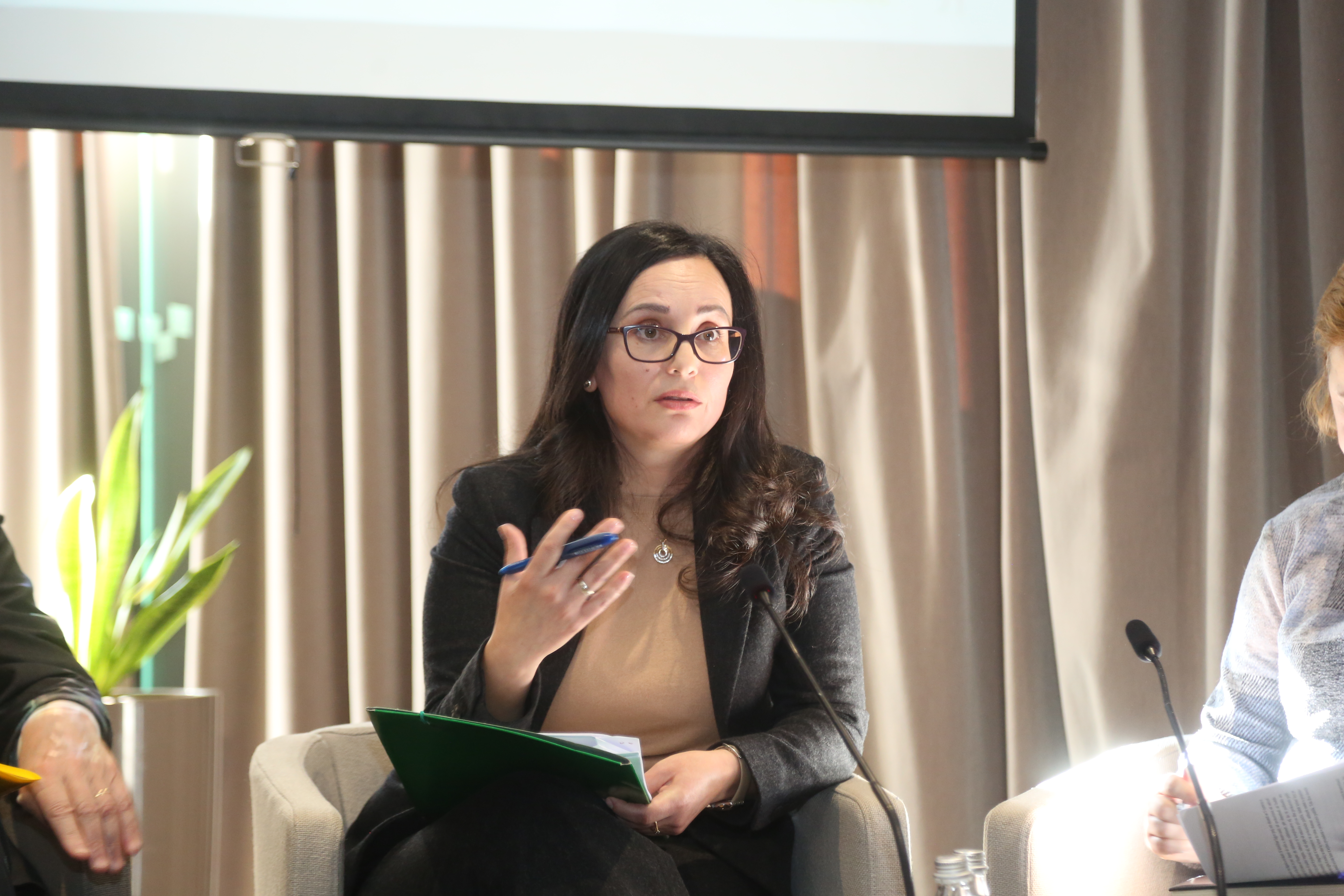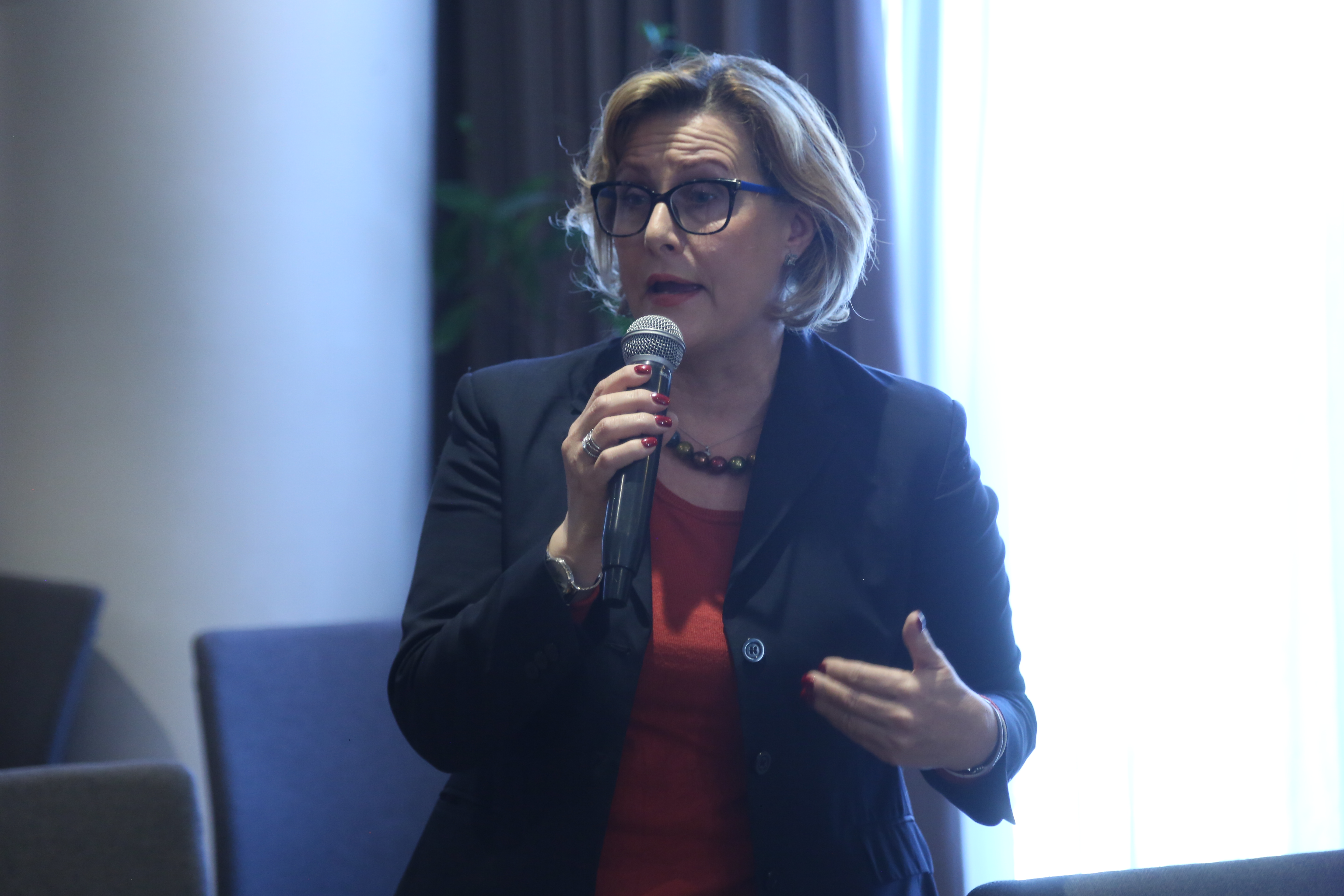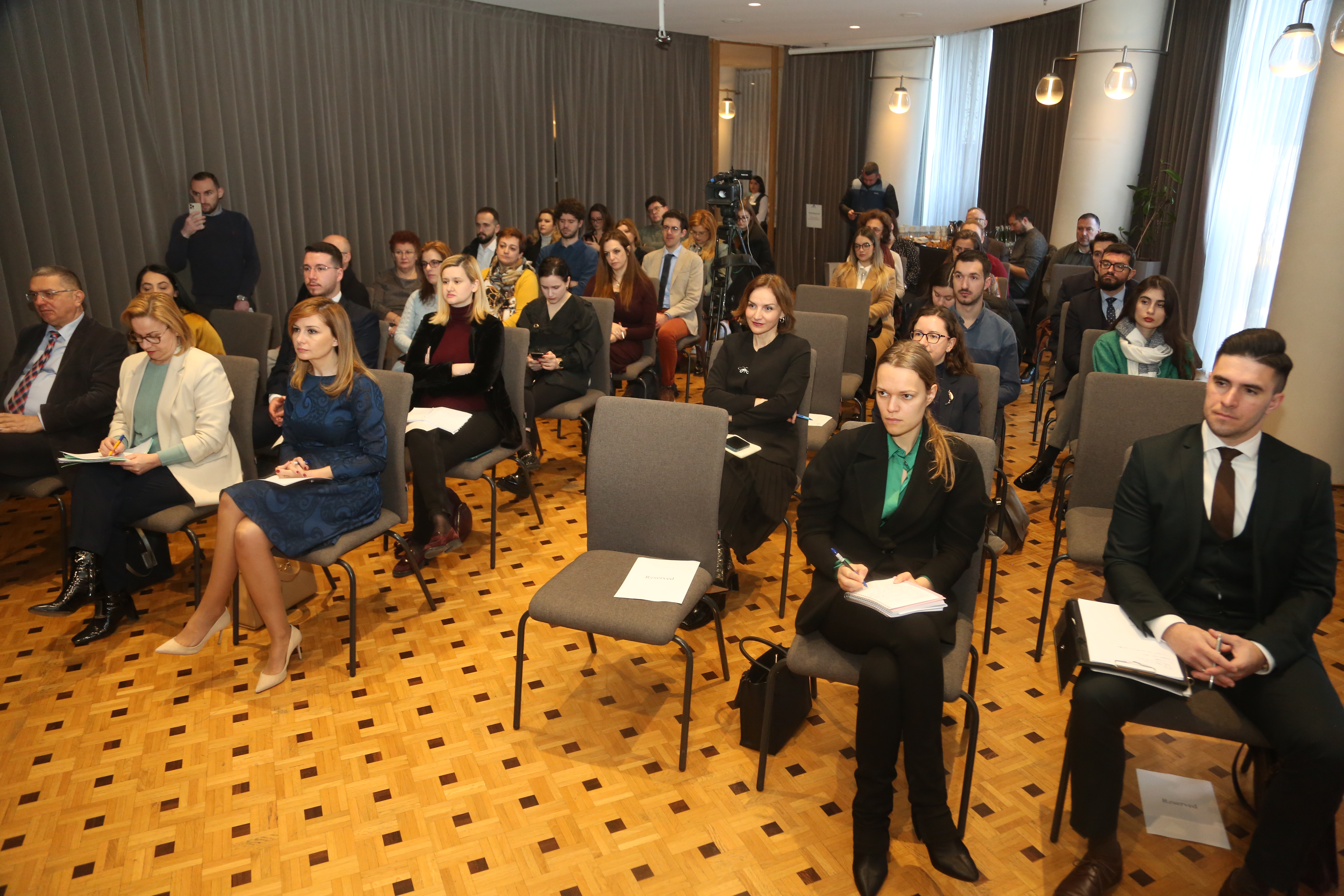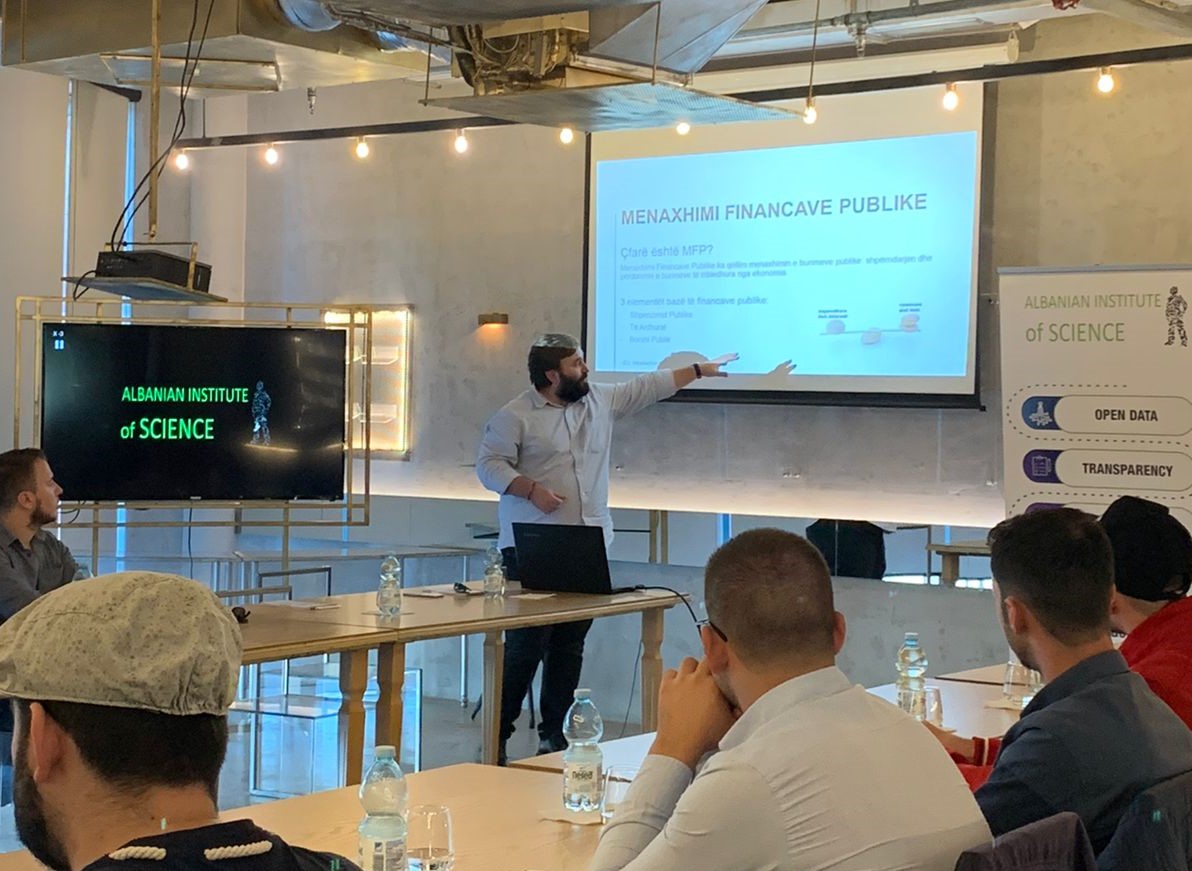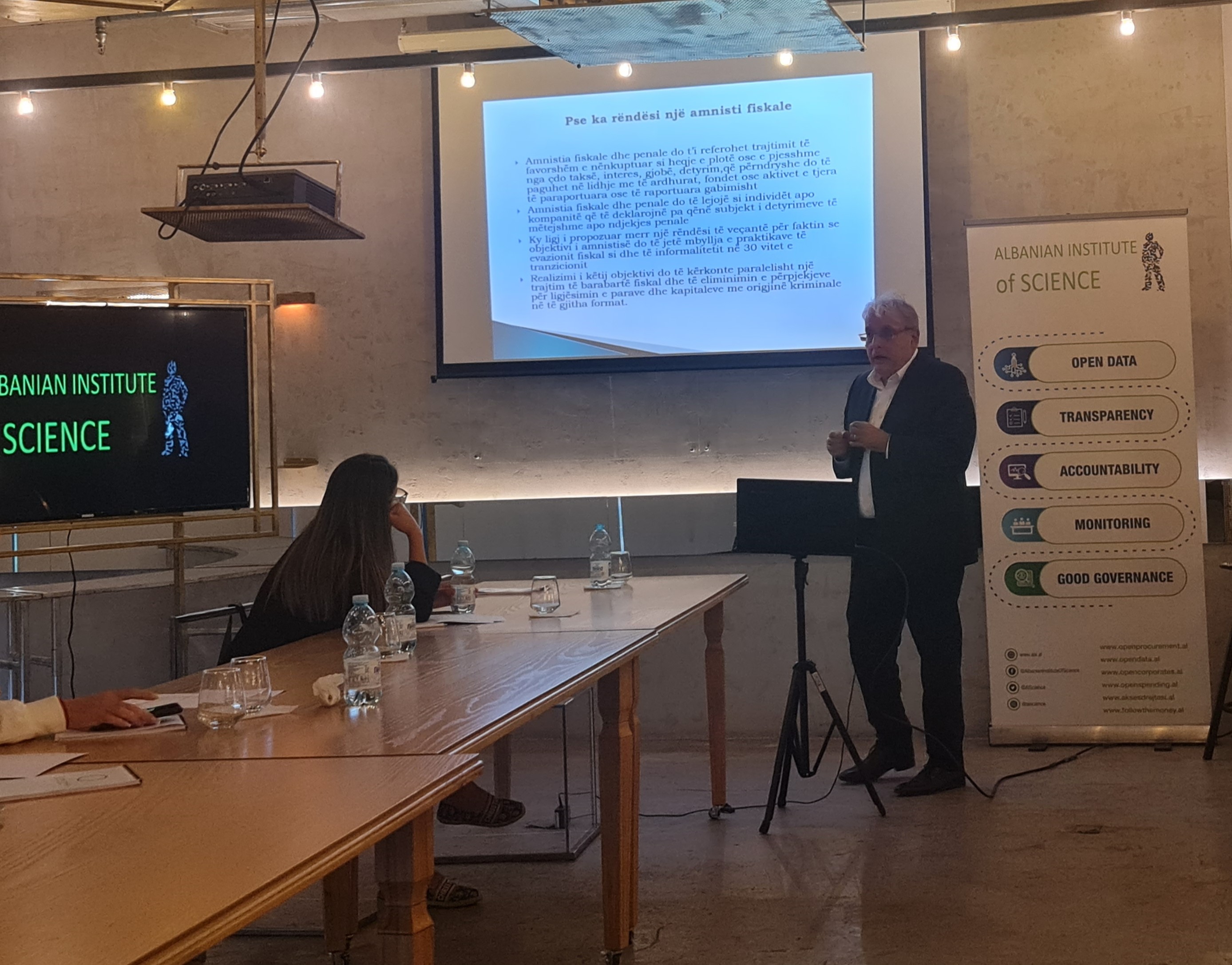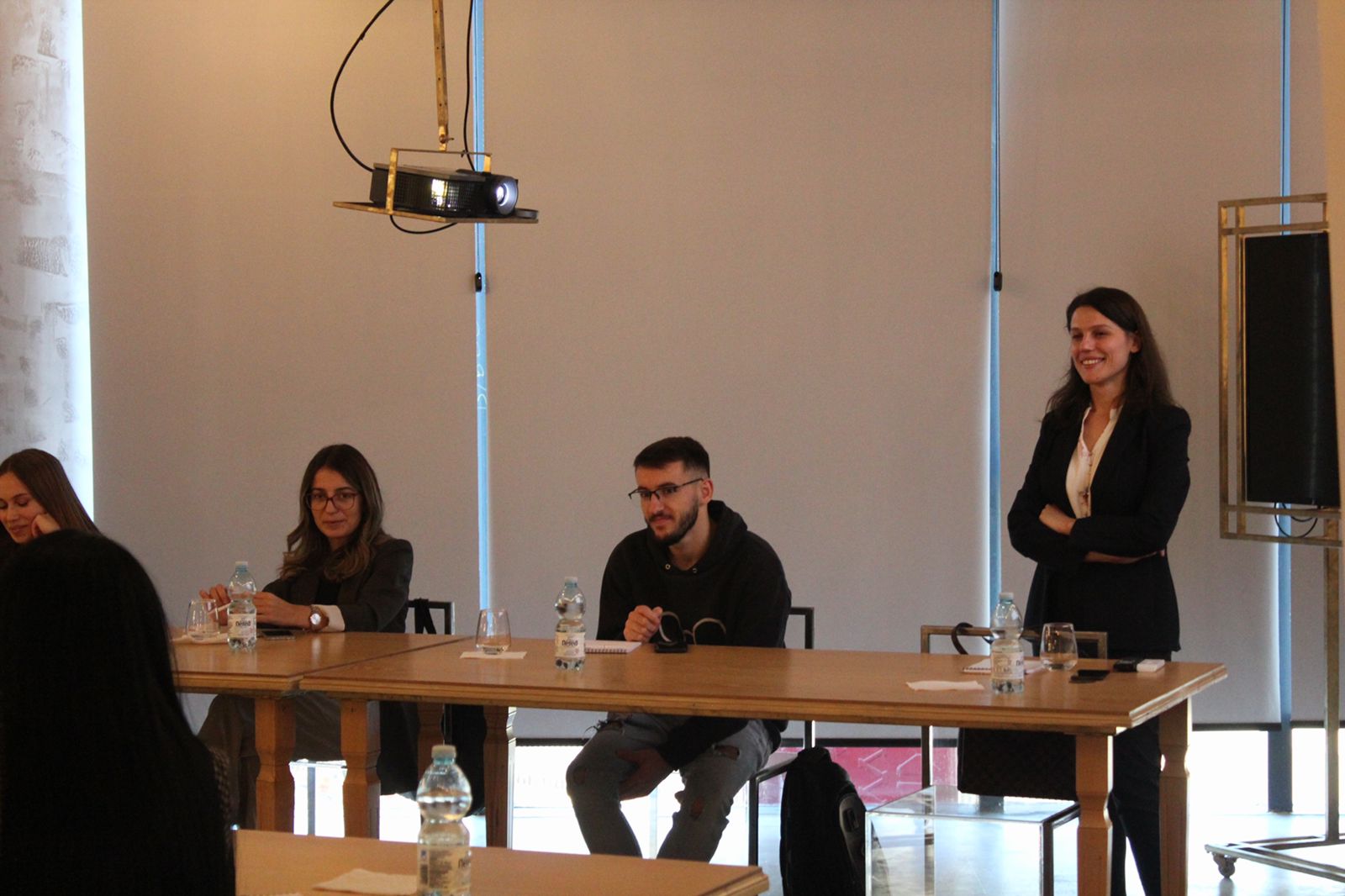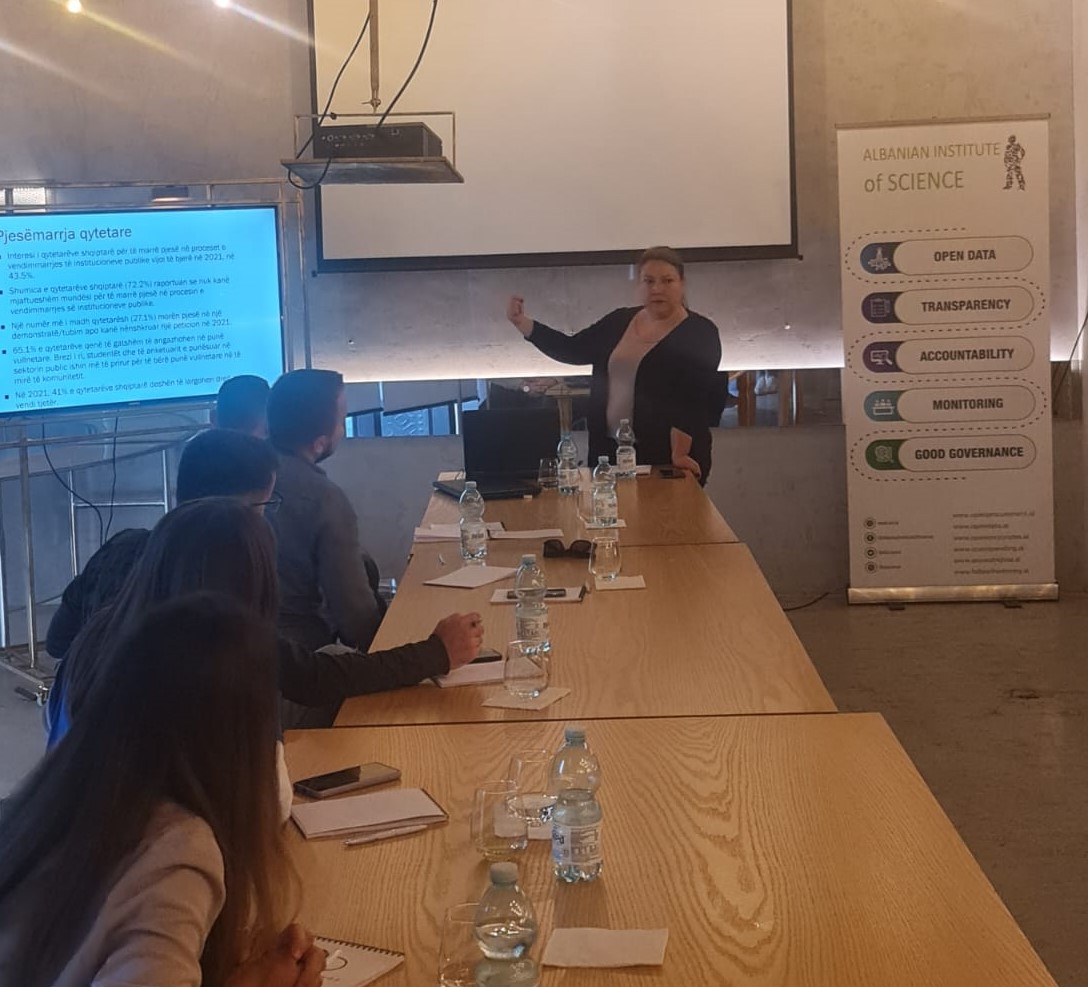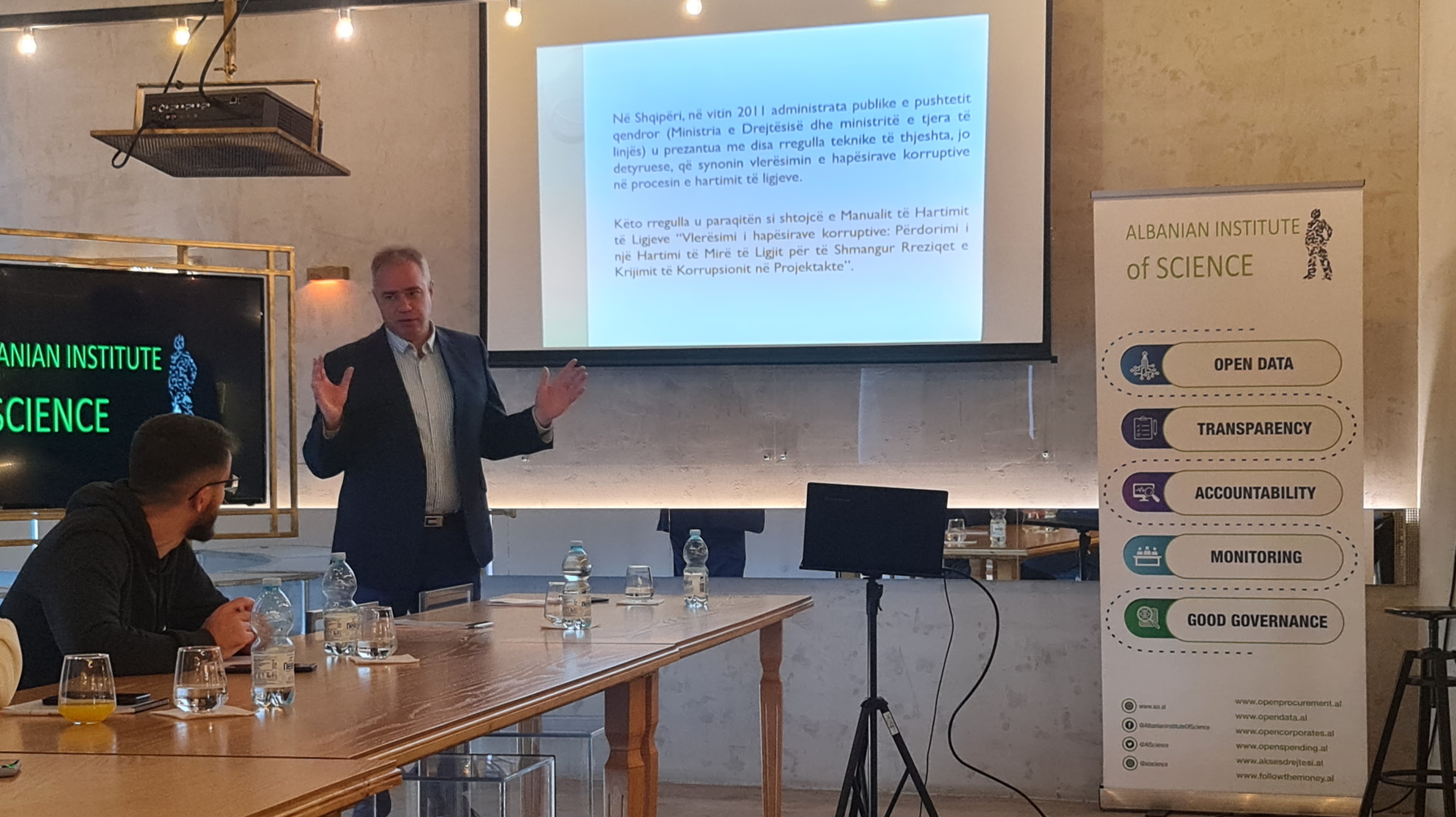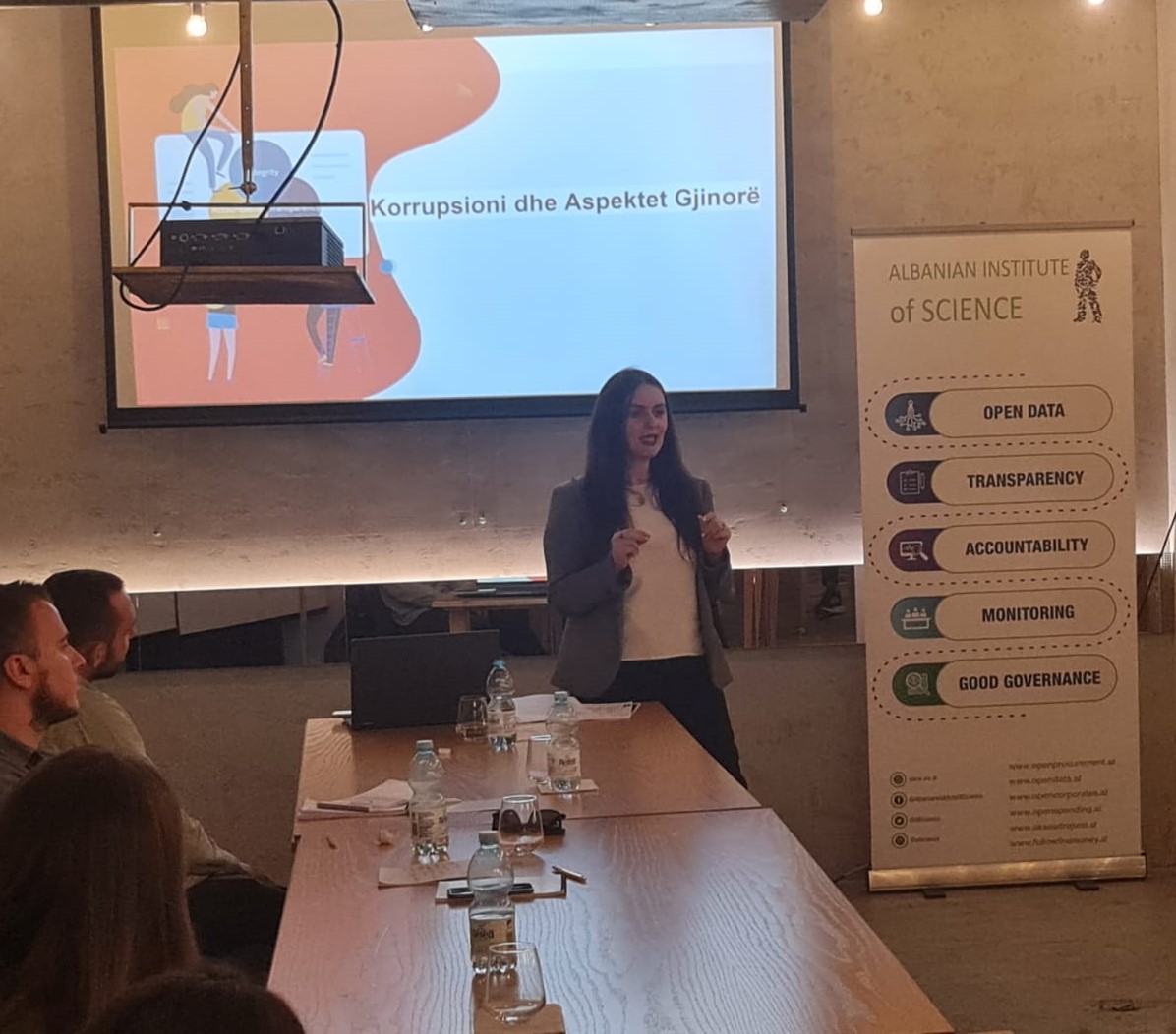The AIS organization initiated a Lawsuit in September 2021 for the Constitutional Court requesting the Repeal as unconstitutional of a law that regulates Contracts for the Reconstruction Program after the Earthquake.
The lawsuit of the organization AIS/Open Data Albania sought the Partial Repeal of Law no. 97/2019 for the adoption of the normative Act with the power of Law no. 9 / 2019 of the Council of Ministers for Coping with the Consequences of Natural Disasters.
In our opinion, this Law is incompatible with the Constitution of the Republic of Albania as it violates economic freedoms; affects open competition; creates premises for corruption and clientelism in the distribution of Contracts to Preferential Clients.

Contracts for the Reconstruction Program (about 120 billion ALL) have been signed and continue to be signed by following procedures: a. limited procedures, b. procedures without a contest and c. procedures with discriminatory legal deadlines. procedures with criteria formulated by the Procuring Authority.
The Government and the Parliament have introduced this form of contracting by law.
In addition to the potential for clientelism, the contested Law also carries risks for contracts with Business Entities who are persons under investigation for Laundering the Proceeds of Organized Crime and Drug Trafficking.
Now the Special Anticorruption Prosecutor’s Office has already taken several decisions involving such Businesses as Parties to Public Contracts for Reconstruction.
Regardless of this, the Constitutional Court, which is responsible for checking and repealing the operation of Laws that violate economic freedom and create the premise for Favoritism and Corruption, has not been capable and functional regarding such activity.
The court hesitated and did not act upon a Lawsuit from an Anticorruption Organization. The lawsuit formulated by our organization that works for accountability, transparency and anti-corruption was not recognized as a legitimate lawsuit as the Case Reporting Judge argued that an organization can Request Constitutional Interpretation, but only in cases its members have a direct interest in the claim.
We think that failure of the Court to recognize the right of Organizations, whose mission and scope of work is Good Governance and Anti-Corruption represent a time of regress.
The Constitution recognizes Organizations as entities that have the right to request Constitutional Control, Article 134 point h of the Constitution. And the interest in a claim made to the court does not have to be an individual interest of the members of an organization, whose mission is directly relevant to that claim.
With the desire to stop the operation of a clientelistic law, the organization asked for the cooperation of other actors who are immediately legitimized as subjects that may put the Constitutional Control in motion.
Our request was answered by 28 opposition MPs who re-sent the Lawsuit to the Court in January 2022 . This time, the Court Accepted to Review the Lawsuit and Started reviewing the case facts in a Plenary Session in July 2022.
But in July 2022, the Constitutional Court functioned with a limited number of members, only 7 of its 9 members were in office. Delays in the filling vacancies has affected the efficiency of the Court.
Even with 4 out of 7 judges voting in favor of accepting the lawsuit, and 3 voting against, the lawsuit failed to repeal this law. It requires 5, and not 4 votes in favor, i.e. qualified and not simple majority, to accept the lawsuit.

After two attempts to activate the Constitutional Check, the fact is: The Law that gives Power to the Normative Act of the Government, continues to Remain in force and produce serious consequences of Corruption by Law.
Through this Law, some important contracts in value and public interest have been won by Businesses already subject to criminal investigation, seized by Court Decision for organized crime and drug trafficking.
This company managed to win several contracts with high monetary value for Reconstruction in the Main Areas for Compulsory Development after the Earthquake. This is a typical example of how the limited procedure, the lack of bidding competition and the final negotiation of the bid at the table and not through filling in the electronic system, have led to public contracts being awarded to individuals and businesses that aim to clean up Criminal Products through Public Contracting. In an open competition, a business that does not have Similar Construction Works would not be able to qualify as a Successful Competitor. The law preventing free competition enabled this clientelistic penetration.
The procedure without competition, limited, and with negotiation outside the electronic system is provided precisely by the law that had to be repealed. Only after the award of Public Contracts, the Special Prosecutor’s Office for Anticorruption SPAK acted by requesting seizure of the Businesses. But the fate of public contracts and the responsibility of those who created this situation where the state becomes a contractual partner with entities with criminal records, remain issues without regulation and without criminal investigation.
Corruption by law has been favored in recent years in the absence of the Constitutional Court, its Vacancies and Lack of Efficiency in Reviewing Cases.
As above, the Constitutional Court should exercise a role in controlling the compatibility of Laws with the Constitution. Setting the constitutional court in motion, its operation without vacancies, integrity, impartiality, improved doctrine regarding the constitutional control over Corrupt Laws are the main aspects of Preventing the Corruption Phenomenon by Law.


